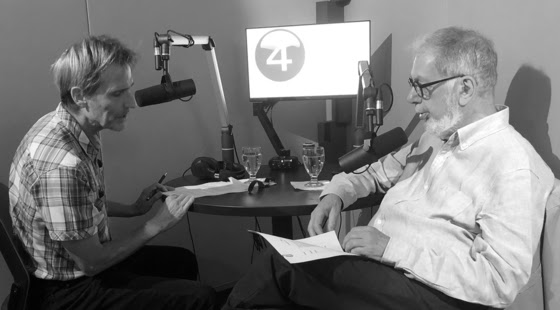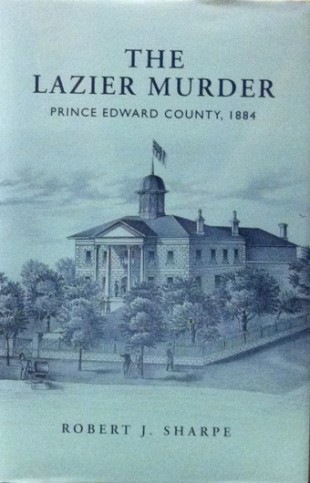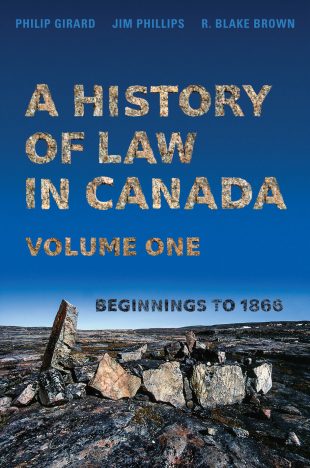Mahmud Jamal, Partner at Osler, Hoskin & Harcourt LLP in Toronto, is appointed a Justice of Appeal of the Court of Appeal for Ontario. Mr. Justice Jamal replaces Madam Justice G. Pardu, who elected to become a supernumerary judge effective January 1, 2019.
Justice Jamal was born in Kenya, raised in England, and completed high school in Edmonton. He received a B.A. from the University of Toronto, LL.B. and B.C.L. degrees from the Faculty of Law, McGill University, and an LL.M. from Yale Law School, which he attended on a Fulbright Scholarship. He served as law clerk to Justice Melvin Rothman of the Quebec Court of Appeal and Justice Charles Gonthier of the Supreme Court of Canada.
Justice Jamal, who is bilingual, practised with Osler, Hoskin & Harcourt LLP in the fields of appellate litigation, constitutional and public law, class actions, and commercial litigation. He appeared before the Supreme Court of Canada in 35 appeals addressing a wide range of civil, constitutional, criminal, and regulatory issues. He also appeared before various provincial courts, the Federal Court, Federal Court of Appeal, and Tax Court of Canada, and federal and provincial administrative tribunals.
Justice Jamal was a director of the Canadian Civil Liberties Association, The Advocates’ Society, and the Osgoode Society for Canadian Legal History. He was a member of the Supreme Court Advocacy Institute and a trustee of the Canadian Business Law Journal. He has taught constitutional law at McGill, administrative law at Osgoode Hall, and published widely in his areas of practice. He was also chair of Osler’s pro bono program and a member of its Partnership Board.
He and his wife, Goleta, are the proud parents of two teenagers.










